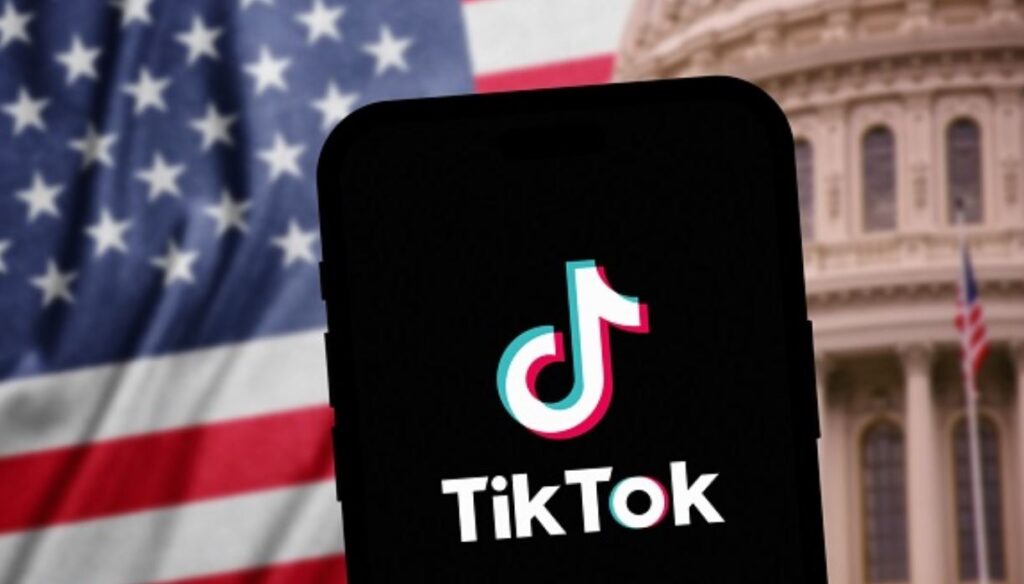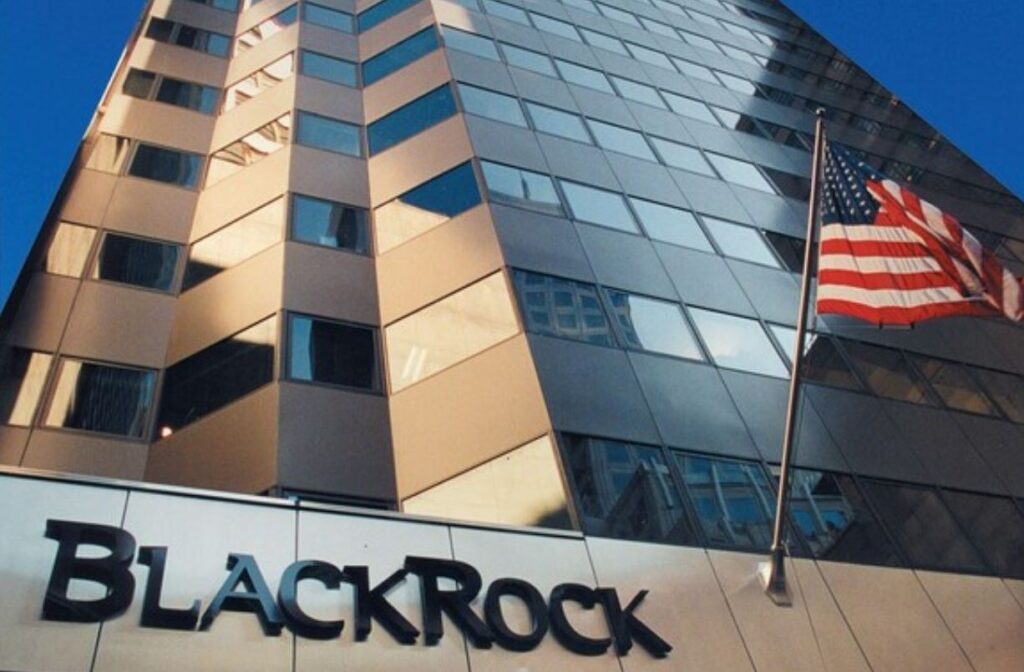In a landmark case that could reshape America’s digital landscape, the U.S. Supreme Court is set to hear arguments today on whether TikTok should be banned, a move that could have profound implications for social media regulation and international tech relations.

The Biden administration has raised national security concerns over TikTok, owned by Chinese company ByteDance, citing the potential for the Chinese government to access user data or manipulate content. This case revolves around the Protecting Americans from Foreign Adversary Controlled Applications Act (PAFACA), which could compel ByteDance to divest TikTok’s U.S. operations or face a total ban.
U.S. lawmakers and intelligence agencies have long voiced concerns about TikTok’s data collection practices. They argue that the Chinese government could demand access to sensitive user information such as location, browsing history, and personal preferences. Critics warn of the app’s potential to influence American public opinion and spread propaganda.
TikTok, which boasts over 100 million U.S. users, denies these allegations. The company asserts that U.S. user data is stored domestically and governed by U.S. privacy laws, with no foreign government access. TikTok contends that a ban would infringe on First Amendment rights, stifling free speech and silencing a platform vital for self-expression and communication.
Implications for Social Media Regulation
The Supreme Court’s decision could set a precedent for how foreign-owned tech platforms are regulated globally. If the ban is upheld, it may prompt similar actions against other foreign-owned tech companies, reshaping the digital economy and governance of online platforms.
A ban on TikTok could spark new debates about the balance between national security and individual rights, particularly concerning privacy, free expression, and information access. The decision will also impact TikTok’s user base, particularly young Americans who rely on the app for social interaction and cultural expression. Creators and brands dependent on the platform for livelihood and marketing may have to pivot to new strategies.
What’s Next for TikTok?
If the Supreme Court rules in favor of the ban, ByteDance will have until January 19, 2025, to divest TikTok’s U.S. operations. TikTok has explored partnerships with U.S. companies to enhance data security and compliance.
Meanwhile, TikTok’s user community is mobilizing against the proposed ban. Online petitions, protests, and campaigns emphasize the platform’s role in fostering community and creativity, arguing that the ban constitutes an unjust attack on free speech.
A Global Tech Showdown
The Supreme Court’s decision will resonate beyond U.S. borders, potentially influencing how other nations regulate foreign-owned tech platforms amid growing concerns over data privacy, cybersecurity, and digital sovereignty. TikTok’s fate could pave the way for future international legal battles over digital platforms.
Conclusion
The potential TikTok ban highlights the critical intersection of technology, national security, and free speech. As the Supreme Court deliberates, the tech industry and millions of social media users watch closely. Whether TikTok survives or becomes a casualty in the battle for digital sovereignty, the case will undoubtedly shape the future of social media governance and online privacy for years to come.










